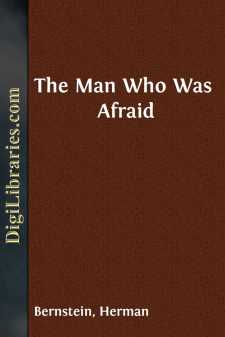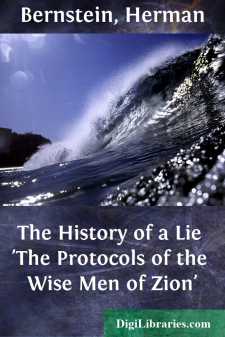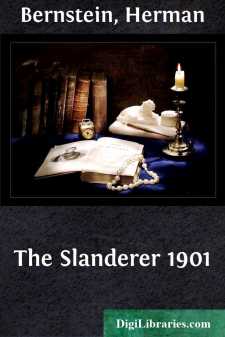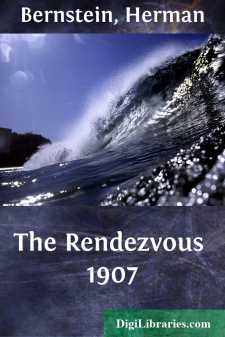Categories
- Antiques & Collectibles 13
- Architecture 36
- Art 48
- Bibles 22
- Biography & Autobiography 813
- Body, Mind & Spirit 142
- Business & Economics 28
- Children's Books 17
- Children's Fiction 14
- Computers 4
- Cooking 94
- Crafts & Hobbies 4
- Drama 346
- Education 46
- Family & Relationships 57
- Fiction 11829
- Games 19
- Gardening 17
- Health & Fitness 34
- History 1377
- House & Home 1
- Humor 147
- Juvenile Fiction 1873
- Juvenile Nonfiction 202
- Language Arts & Disciplines 88
- Law 16
- Literary Collections 686
- Literary Criticism 179
- Mathematics 13
- Medical 41
- Music 40
- Nature 179
- Non-Classifiable 1768
- Performing Arts 7
- Periodicals 1453
- Philosophy 64
- Photography 2
- Poetry 896
- Political Science 203
- Psychology 42
- Reference 154
- Religion 513
- Science 126
- Self-Help 84
- Social Science 81
- Sports & Recreation 34
- Study Aids 3
- Technology & Engineering 59
- Transportation 23
- Travel 463
- True Crime 29
The Man Who Was Afraid
by: Herman Bernstein
Description:
Excerpt
INTRODUCTORY NOTE.
OUT of the darkest depths of life, where vice and crime and misery abound, comes the Byron of the twentieth century, the poet of the vagabond and the proletariat, Maxim Gorky. Not like the beggar, humbly imploring for a crust in the name of the Lord, nor like the jeweller displaying his precious stones to dazzle and tempt the eye, he comes to the world,—nay, in accents of Tyrtaeus this commoner of Nizhni Novgorod spurs on his troops of freedom-loving heroes to conquer, as it were, the placid, self-satisfied literatures of to-day, and bring new life to pale, bloodless frames.
Like Byron's impassioned utterances, "borne on the tones of a wild and quite artless melody," is Gorky's mad, unbridled, powerful voice, as he sings of the "madness of the brave," of the barefooted dreamers, who are proud of their idleness, who possess nothing and fear nothing, who are gay in their misery, though miserable in their joy.
Gorky's voice is not the calm, cultivated, well-balanced voice of Chekhov, the Russian De Maupassant, nor even the apostolic, well-meaning, but comparatively faint voice of Tolstoy, the preacher: it is the roaring of a lion, the crash of thunder. In its elementary power is the heart rending cry of a sincere but suffering soul that saw the brutality of life in all its horrors, and now flings its experiences into the face of the world with unequalled sympathy and the courage of a giant.
For Gorky, above all, has courage; he dares to say that he finds the vagabond, the outcast of society, more sublime and significant than society itself.
His Bosyak, the symbolic incarnation of the Over-man, is as naive and as bold as a child—or as a genius. In the vehement passions of the magnanimous, compassionate hero in tatters, in the aristocracy of his soul, and in his constant thirst for Freedom, Gorky sees the rebellious and irreconcilable spirit of man, of future man,—in these he sees something beautiful, something powerful, something monumental, and is carried away by their strange psychology. For the barefooted dreamer's life is Gorky's life, his ideals are Gorky's ideals, his pleasures and pains, Gorky's pleasures and pains.
And Gorky, though broken in health now, buffeted by the storms of fate, bruised and wounded in the battle-field of life, still like Byron and like Lermontov,
"—seeks the storm
As though the storm contained repose."
And in a leonine voice he cries defiantly:
"Let the storm rage with greater force and fury!"
HERMAN BERNSTEIN.
September 20, 1901.
FOMA GORDYEEF
Dedicated to
ANTON P. CHEKHOV
By
Maxim Gorky
ABOUT sixty years ago, when fortunes of millions had been made on the Volga with fairy-tale rapidity, Ignat Gordyeeff, a young fellow, was working as water-pumper on one of the barges of the wealthy merchant Zayev.
Built like a giant, handsome and not at all stupid, he was one of those people whom luck always follows everywhere—not because they are gifted and industrious, but rather because, having an enormous stock of energy at their command, they cannot stop to think over the choice of means when on their way toward their aims, and, excepting their own will, they know no law....





